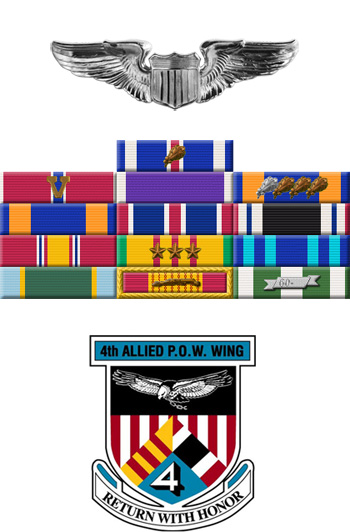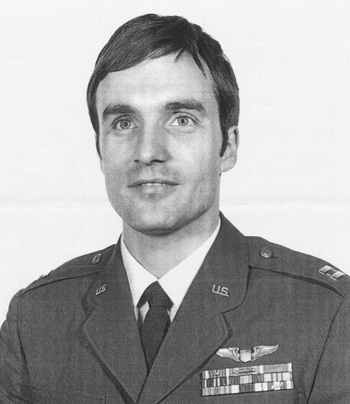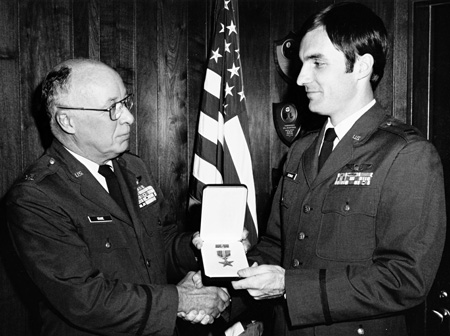
|
Samuel B. Cusimano |
 |
|||
| Rank, Service | ||||
Captain O-3, U.S. Air Force |
||||
| Veteran of: | ||||
|
||||
| Tribute: | ||||
Sam Cusimano was born in 1946 in Birmingham, Alabama. He was commissioned through the Air Force ROTC program at the University of Alabama on May 26, 1968, and he entered Undergraduate Pilot Training on July 11, 1968. He was awarded his pilot wings in July 1969 and was trained as a Special Ops C-123K Provider pilot and assigned to Nakhon Phanom Royal Thai AFB, Thailand. He flew 155 combat missions, mostly night recce forward air controller and flare missions, over Laos between December 1969 and December 1970, and was then assigned to fly B-52 Stratofortresses at March AFB, California. Captain Cusimano's B-52 was shot down over Hanoi while on a bombing mission on December 28, 1972, and he was immediately captured and taken as a Prisoner of War. After spending 91 days in captivity, he was released during Operation Homecoming on March 29, 1973. Captain Cusimano left active duty on June 6, 1973, and flew C-130 Hercules aircraft with the West Virginia Air National Guard between 1975 and 1976. He was discharged from the Air Force Reserve on December 7, 1979. Sam flew with Eastern Airlines from August 1973 to 1974, and was then employed as an analyst for the U.S. Patent Office in northern Virginia. He began flying Sabreliners for the FAA in 1976, where he performed NAV-AIDS inspections and installations in the Southeast United States. In 1978 he went back to work for Eastern Airlines flying Boeing 727s until 1988, when he joined Delta Airlines flying Boeing 727, McDonnell Douglas MD-11, and Boeing 777 aircraft. He retired from Delta in 2004. Capt Cusimano accumulated over 1,500 flying hours in the military and 12,000 flying hours as a civilian pilot. Sam married his wife Donna in April 1978 and they have two daughters-Catherine and Angela, and two grandchildren-Grace and Joseph. |
||||
|
||||


